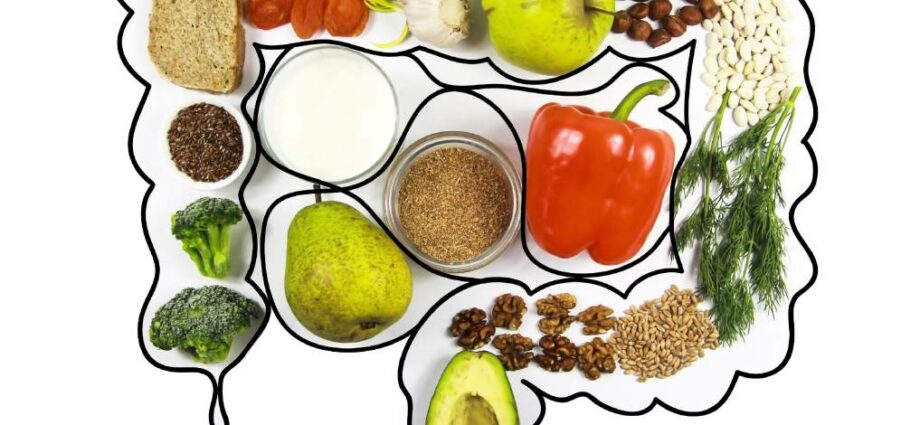Contents
It turns out that intestinal imbalance leads to illness, poor health, and even depression!
Our gastrointestinal tract is inhabited by a whole universe of microorganisms. Collectively, they are referred to as the microbiome. These are bacteria, fungi and even viruses. They perform many important functions in the body, including helping the immune system, producing serotonin, which improves health and brain function, release energy from food for the body, and eliminate toxins and foreign substances. They are conventionally divided into “good” (if they benefit the body) and “bad” (if they harm).
A complex symphony of interaction between “bad” and “good” microorganisms operates in the body. But if suddenly the “bad guys” get some advantage, then a bacterial imbalance begins, leading to dysbiosis, which, in turn, provokes the development of a huge number of diseases and inflammations in the most unexpected places.
Here are the symptoms that tell you that your microbiome is out of order.
1. After eating, the stomach is too “disturbed”
The classic first symptoms of an onset bowel problem are diarrhea, constipation, bloating, nausea, and heartburn.
“Gastrointestinal discomfort, which occurs especially after eating carbohydrate-rich foods, can be the result of poor digestion and absorption of carbohydrates,” says Dr. Dreher. – The reason for this is often reflux, an inflammatory disease associated with an imbalance in the gut microbiome.
2. I want certain products
Craving for a particular type of food, especially sweets and sugar, most likely means that you have an imbalance in your gut bacteria.
Some experts believe that if there is an overgrowth of yeast in the digestive system (and this happens after a course of antibiotics), then it is this yeast that makes you crave for sweets. And they deepen the imbalance.
Instead of sweets, it is better to eat probiotic foods: yogurt, kefir, sauerkraut, kimchi cabbage, tempeh soy meat, miso soup, pickled cucumbers, homemade kvass, gouda cheeses, mozzarella, cheddar and regular cottage cheese.
3. Sharp jumps in weight
Certain types of gut bacteria can cause dramatic weight loss or gain. They colonize in the small intestine. Too many microbes in the small intestine can ruin gut health and interfere with the absorption of vitamins, minerals and fats.
“If you cannot properly digest and absorb fat, you will begin to lose weight,” says Dr. Dreher. – Other types of bacteria are associated with weight gain, as they take more calories from food and lead to fat deposition in the abdomen, which makes him look a little pregnant.
4. Anxiety and depression
80-90% of serotonin, a neurotransmitter that affects mood, social behavior, sleep, appetite, memory and even libido, is produced … in the intestines. When imbalanced, less serotonin is produced. It causes symptoms of depression, anxiety, bad mood, increased fatigue, fatigue, drowsiness, and insomnia.
5. Skin rashes
Skin rashes, eczema, inflammation, acne, itchy and flaky red patches on the skin are most often the result of poor bowel health, according to Victoria Maises, M.D., professor of medicine at the University of Arizona. What to do to improve bowel health?
“Proper nutrition is the first step to improvement,” says Professor Ali Keshavarzyan, M.D. from Chicago. – Food can change our microbiome in just 24 hours. To feed the good bacteria and reduce the bad bacteria, you need to swap processed foods, bread and pasta for plant foods, fruits, seeds, and nuts. Add fermented foods to your diet, such as yogurt containing live, active cultures, kombucha, kimchi and kefir. Leeks, asparagus, onions, garlic, chicory, oats, soy, and Jerusalem artichoke are also good for gut health. And use antibiotics as little as possible.










